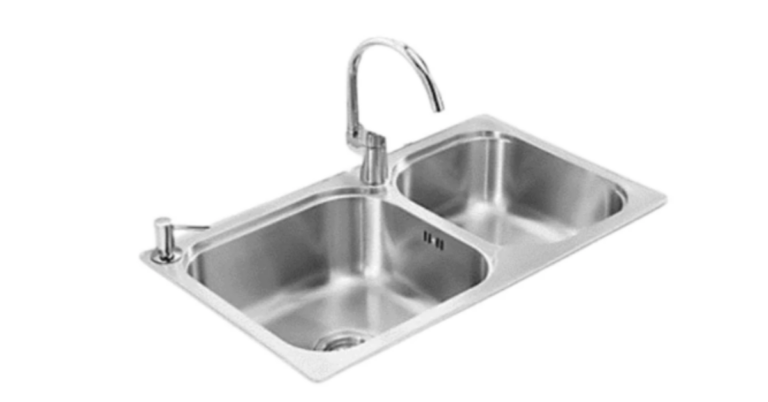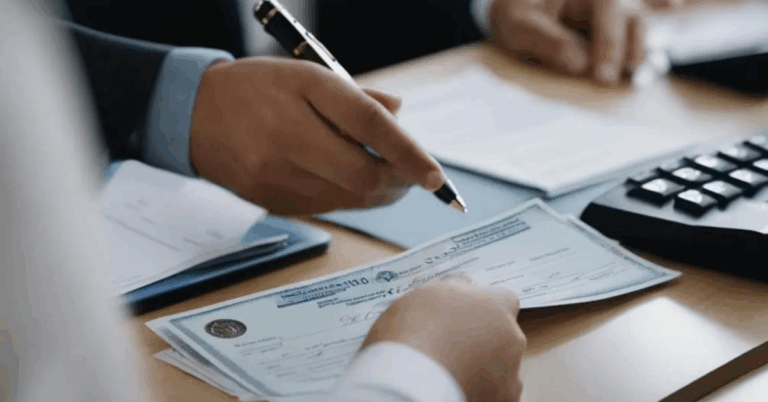What Is a Process Server in a Divorce Case and Why Are They Essential?
When a couple decides to end their marriage through divorce, the legal Process Server Divorce begins with one spouse filing divorce papers with the court. However, simply filing is not enough. The other spouse must be officially notified about the legal action. This is where a process server comes into play. A process server is an individual authorized to deliver legal documents, including divorce petitions, to the person involved in a legal proceeding. Their role is critical in ensuring that the legal process moves forward appropriately and that the rights of all parties are preserved.
Why Is Personal Service Important in Divorce?
The courts require that the spouse receiving divorce papers be properly notified. This process, known as “service of process,” ensures due process. Personal service is the most effective and recognized form of serving divorce documents. It involves physically handing the legal documents to the spouse named in the petition. A process server is trained and authorized to carry out this task and is responsible for providing proof to the court that the documents were served in accordance with state laws. This proof is typically submitted in the form of an affidavit of service.
What Makes Divorce Service More Complicated Than Other Cases?
Divorce cases can be particularly sensitive and emotionally charged. One spouse may not want the divorce, may try to avoid being served, or may have relocated without leaving a forwarding address. Process servers often have to locate individuals who are intentionally evading service or who are difficult to find. This makes the job more challenging and requires skills beyond simply delivering papers. They must be discreet, persistent, and knowledgeable about legal requirements in their jurisdiction. Moreover, the outcome of a divorce case can be delayed or even dismissed if service is not properly executed.
What Are the Legal Requirements for Serving Divorce Papers?
Each state has specific rules about how divorce papers must be served. Generally, the person serving the papers must be at least 18 years old and not a party to the case. Some states allow certified mail or service by publication under special circumstances, but personal service is usually required first. A licensed process server understands these requirements and ensures that the service is carried out legally. They also know how to complete and submit the necessary documentation to the court, which is a vital part of the divorce process.
How Do Process Servers Handle Difficult or Evasive Spouses?
One of the most valuable skills a process server brings to a divorce case is the ability to serve difficult or evasive individuals. Some spouses may go out of their way to avoid being served, including changing their routines, staying with friends, or hiding their vehicles. Process servers use various investigative techniques to locate and serve these individuals. They may conduct surveillance, talk to neighbors, check social media, or use public records. Once the person is found, the server will carefully plan the best time and place to complete the service legally and effectively.
Can a Process Server Help Speed Up a Divorce?
Absolutely. Time is a critical factor in divorce proceedings. Courts cannot move forward until the respondent spouse has been served. Using a professional process server helps avoid unnecessary delays. Unlike asking a friend or family member to serve papers, a licensed process server can handle the process quickly, legally, and with full documentation. Their experience allows them to serve papers even under complicated circumstances, ensuring that your case can move forward without unnecessary roadblocks.
What Happens After the Divorce Papers Are Served?
Once the process server has successfully delivered the divorce papers, they will complete a Proof of Service or Affidavit of Service. This document confirms the date, time, location, and method of service and is submitted to the court. After that, the served spouse has a set period to respond, typically 20 to 30 days, depending on the jurisdiction. The divorce process then continues based on the response—or lack thereof—from the served party. Proper service by a process server ensures that this timeline starts on time and is fully compliant with legal standards.
What If the Spouse Refuses to Accept the Papers?
It’s not uncommon for a spouse to refuse to accept the divorce papers. However, refusal to accept them does not invalidate the service. A process server only needs to identify the individual and offer the documents. If the individual refuses to take them, the server can leave the papers in their presence and still complete the affidavit of service. The law is clear that avoiding service will not stop the legal process. That’s another reason why hiring a professional process server is essential in divorce cases—they know exactly how to handle such situations without violating any laws.
What Should You Look for in a Process Server?
Not all process servers are created equal. When dealing with something as sensitive and important as a divorce, it is crucial to choose a reputable and experienced process server. Look for someone who is licensed, insured, and well-reviewed by previous clients. They should be familiar with local laws and court procedures. Good communication is also essential—your process server should keep you informed about the status of service and provide accurate documentation. Choosing the right professional can make a significant difference in how smoothly your divorce proceeds.
Why Is Confidentiality Important in Divorce Service?
Divorce is a private matter, and confidentiality is critical. Professional process servers understand the importance of discretion when serving divorce papers. They aim to carry out the service without causing embarrassment or unnecessary attention. Whether serving someone at home, at work, or in public, a qualified server will use tact and professionalism to respect the privacy of all parties involved. This not only protects the dignity of the individuals but also prevents escalation or emotional distress that can arise from improper service.
What Are the Costs of Hiring a Process Server for Divorce?
The cost of hiring a process server for a divorce case can vary based on location, complexity, and urgency. Basic service typically includes multiple attempts at different times and days, while more difficult cases may involve additional charges for investigative work or rush service. While the cost may be a concern for some, the value of professional service cannot be overstated. A failed or improper service can lead to delays, added expenses, or even dismissal of the case, making it far more costly in the long run. Investing in a professional process server ensures that the job is done correctly the first time.
Conclusion
In divorce proceedings, serving your spouse with legal papers is one of the first and most important steps. Without proper service, your case cannot proceed. A professional process server ensures that this step is handled legally, efficiently, and respectfully. They are skilled at managing difficult or evasive spouses, understand the rules of court, and provide the proof needed to move the case forward. For anyone going through a divorce, hiring a reliable process server is not just a legal formality—it’s a crucial part of protecting your rights and moving on with your life.







